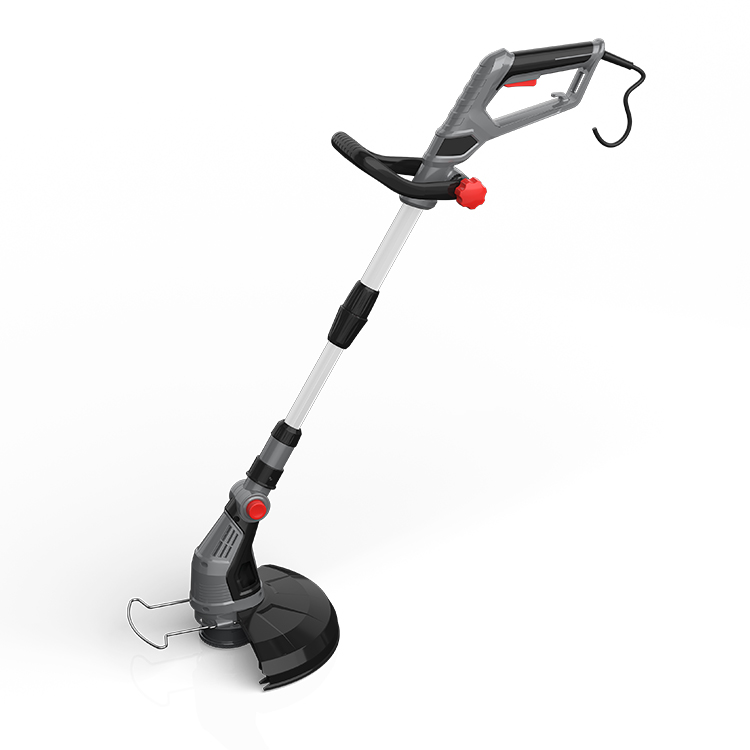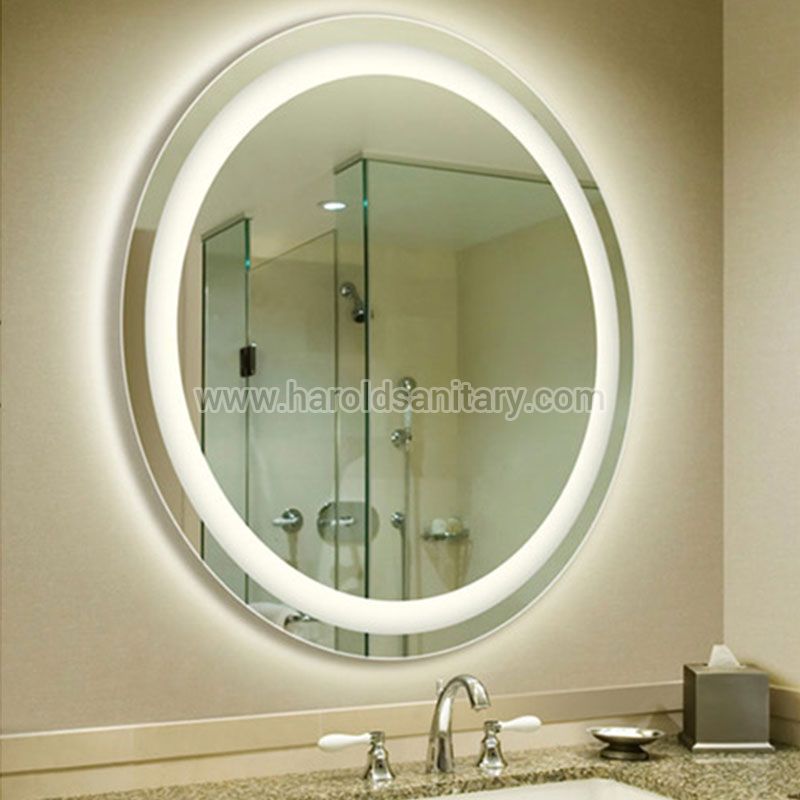Car Plastic — 4 Varieties Used In The Automotive Industry
Plastic seems to be popping up everywhere nowadays, and the automotive industry is no exception. High performance plastics used in cars are helping shape the future of transportation while providing us the safety and security we need for our morning commutes today. We're going to introduce you to some of the plastics at the forefront of automotive design and innovation.
Polypropylene
Polypropylene is used the most frequently of any plastic in automotive manufacturing. Being a thermoplastic polymer, it can easily be formed into almost any shape. It has excellent chemical and heat resistance and is generally resistant to impact. Given this plastic's resume, you will frequently find it in car bumpers, gas cans and even the carpet fibers of your car's interior flooring. It's also a more economical alternative to expensive plastics of similar strength and durability, which helps drive down the cost of manufacturing.
Polyvinyl Chloride
Polyvinyl Chloride, more commonly known as PVC, is a flame retardant plastic that can be formed into either flexible or rigid components. PVC is another common plastic used in cars thanks to its formability and sleek finish: you'll often see PVC used for dashboards and automotive body parts.
Polycarbonate
Like polypropylene, polycarbonate is so resistant to impact that it is often used for car bumpers and headlight lenses. This kind of car plastic is highly resistant to weathering, able to handle conditions from rain and snow to heat and cold. Polycarbonate is also lightweight, so it reduces a car's overall weight, which in turn improves vehicle and fuel efficiency.
Acrylonitrile Butadiene Styrene
ABS sheet is similar to PVC in that the final product offers a sleek finish. Steering wheel covers and dashboards are often made of ABS plastic. It's also well-suited to heavy-duty applications, so it can be used for automotive body parts, too. Plastic used in cars, like ABS, helps the body absorb and redistribute energy during an impact, keeping passengers safe.
Further reading:Ceramic Tea Coffee Cup and Saucer: Elevate Your Beverage Experience with Elegance and Functionality
Comprehensive Guide of Essential Garden Tools
High-Quality Faux Fur Rug for Luxurious Living
7 Different Types of Water Valves Used in Home Plumbing
What is the proper way to use a pallet jack?
What is the use of litter bin?
What is silk screen printing on glass?
Learn About Car Plastic & More At A&C Plastics
While the varieties of car plastic mentioned here are some of the most common in the automotive industry, we've barely scratched the surface of their benefits. To continue learning, and to find the right materials for your business or project, head to our Industry Solutions center or contact us today.
Instrument Panels
Thanks to modern plastics technology, instrument panels are often made of acrylonitrile-butadiene-styrene (ABS), ABS/polycarbonate alloys, polycarbonates, polypropylene, modified polyphenylene ether (PPE) and SMA (styrene-maleic anhydride) resins. These plastics allow for complex designs in items such as airbag housings, center stacks for instrument panels, and large, integrated instrument panel pieces.
Wholly integrated single-piece units can be manufactured from all-urethane and all-polypropylene resins. This results in a seamless instrument panel with greatly reduced NVH levels, molded-in color and with significant cost savings for the manufacturer. Cost effective post-consumer and in-plant recycling are also achievable.
This 2017 Lincoln Continental instrument panel is claimed to be the thinnest full-size, deep-draw injection molded IP in North America at 1.9 mm/0.07 in. This design was 14% lighter and saved money in materials investment.
Car Plastic — 4 Varieties Used In The Automotive Industry
Car Interior Parts Are Increasingly Fabricated From Advanced Plastics
Further reading:Are Plastic Plant Saucers Reusable?
What is the difference between OSHA and OSHA?
Transjugular intrahepatic portosystemic shunt (TIPS)
Transjugular Intrahepatic Portosystemic Shunt (TIPS)
Do's & Don'ts of Mesh Fabric
Unveiling the Superiority of Metal Frame Residences Over Traditional Sheet Metal Houses
Biohazard Glass Lock-N-Load Hollow Point Glass Tips 50pk






